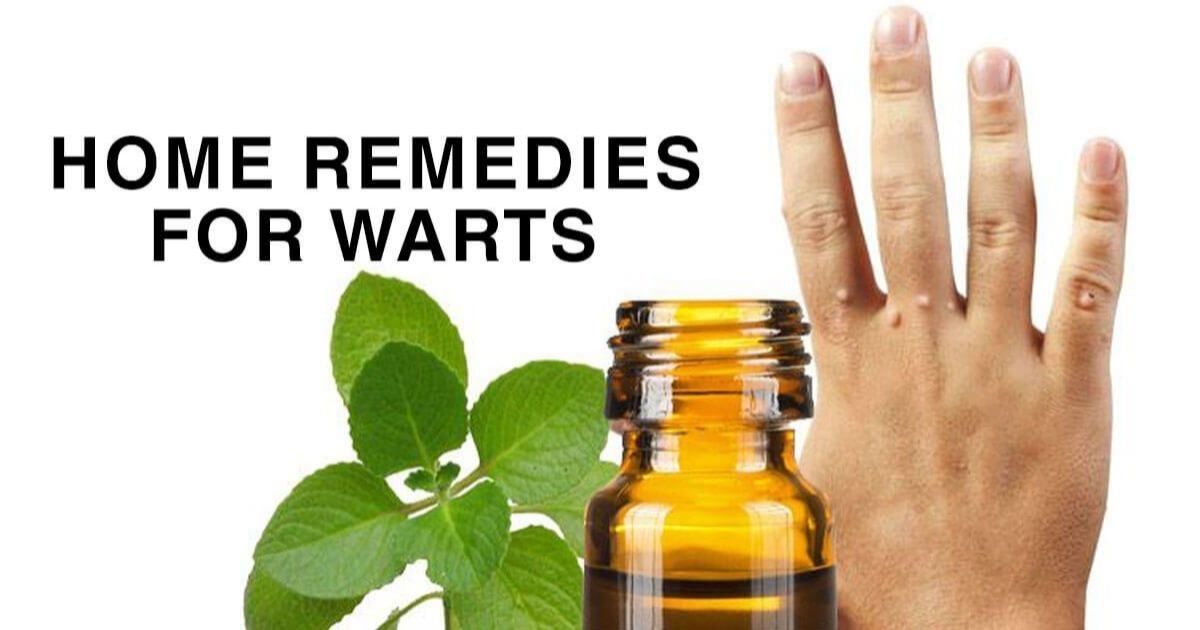Are warts contagious?
Yes, plantar warts are highly contagious. They are caused by a viral infection called the human papillomavirus (HPV), which can easily spread through direct contact with an infected person or surface. Understanding the contagious nature of plantar warts is crucial in preventing their transmission and managing their treatment effectively.
What do warts look like?
Plantar warts typically appear as rough, grainy growths on the soles of the feet or toes. They may have a distinct cauliflower-like appearance, with small black dots visible, which are clotted blood vessels. Plantar warts can vary in size, from small to large clusters, and they may be painful when walking or applying pressure.
Are warts dangerous?
While plantar warts are not inherently dangerous, they can cause discomfort, pain, and potential complications if left untreated. In some cases, plantar warts can spread to other areas of the body or lead to secondary infections if the skin becomes cracked or broken. It’s essential to seek proper treatment and take necessary precautions to prevent their spread.
Why do warts hurt?
Plantar warts can be painful because they often develop on weight-bearing areas of the feet, such as the heels or balls of the feet. As pressure is applied during walking or standing, the warts can become irritated, causing pain and discomfort. Additionally, if the warts grow inward, they can put pressure on the nerves in the feet, resulting in increased pain.
Also read this post:Plants Toxic to Cats
Can warts from the feet spread to the hands?

Yes, plantar warts can spread from the feet to the hands and other parts of the body. The HPV virus that causes plantar warts can be transmitted through direct skin-to-skin contact or contact with contaminated surfaces, such as towels or floors. If you touch a plantar wart and then touch another part of your body, the virus can spread to that area, causing new warts to develop.
How do you kill warts?
There are various treatment options available to eliminate plantar warts, including:
- Cryotherapy: This involves freezing the wart with liquid nitrogen, which helps destroy the infected cells.
- Salicylic acid: Over-the-counter salicylic acid treatments can help peel away the layers of the wart gradually.
- Silver nitrate: Healthcare professionals may apply a caustic solution of silver nitrate to burn off the wart.
- VISIT multi-puncture treatment: This involves using a small handheld device to puncture the wart with tiny needles, allowing a topical medication to reach the virus.
- Curettage: In this procedure, the wart is surgically removed by scraping or cutting it out.
It’s important to consult a healthcare professional to determine the most appropriate treatment option based on the severity and location of the warts.
Will warts go away on their own?
In some cases, plantar warts may go away on their own without any treatment. However, this process can take a long time, often years, and the warts may continue to spread during this period. Additionally, there is no way to predict if or when the warts will disappear without treatment. For this reason, it’s generally recommended to seek proper treatment to remove plantar warts more effectively and prevent their spread.
How can you remove warts at home?
While it’s generally advisable to seek professional treatment for plantar warts, some home remedies may help:
- Over-the-counter salicylic acid treatments: These can gradually peel away the layers of the wart.
- Duct tape occlusion: Covering the wart with duct tape for extended periods may help starve the wart of oxygen and encourage its natural shedding.
- Apple cider vinegar: Some people suggest soaking a cotton ball in apple cider vinegar and applying it to the wart, covered with a bandage overnight.
It’s important to note that home remedies may not be as effective as professional treatments, and they should be used with caution to avoid further spread or complications.
Need your wart gone?
If you’re struggling with persistent or painful plantar warts, seeking professional treatment is highly recommended. A healthcare professional can accurately diagnose the condition and provide effective treatment options tailored to your specific needs, ensuring the safe and efficient removal of the warts.
What Causes Plantar Warts?
Plantar warts are caused by the human papillomavirus (HPV), a highly contagious virus that can infect the skin cells on the soles of the feet. There are over 100 different strains of HPV, and the specific strains that cause plantar warts are known as HPV-1, HPV-2, HPV-4, and HPV-63.
More on Skin Problems and Treatments
While plantar warts are a common skin condition, many other skin problems may require attention and proper treatment. Understanding the underlying causes, symptoms, and effective management strategies for various skin conditions is crucial for maintaining overall skin health and well-being.
Skin Infections: What You Should Know
Skin infections can range from mild to severe and can be caused by various factors, such as bacteria, viruses, fungi, or parasites. Common skin infections include impetigo, cellulitis, ringworm, and athlete’s foot. Recognizing the signs and seeking prompt treatment is essential to prevent further complications and promote healing.
Combating Common Skin Irritants

From environmental factors like sun exposure and pollution to personal care products and household chemicals, our skin is constantly exposed to potential irritants. Understanding how to identify and avoid these irritants, as well as implementing proper skincare routines, can help minimize skin irritation and maintain healthy, radiant skin.
The Skin’s Vital Role in Protecting Your Body
Our skin serves as a crucial barrier, protecting our bodies from external threats such as harmful microorganisms, UV radiation, and physical trauma. Maintaining healthy skin is essential for maintaining overall health and well-being. Proper skincare, nutrition, and regular check-ups can help ensure that our skin functions optimally in its protective role.
What are plantar warts?
Plantar warts are small, rough growths that develop on the soles of the feet or toes. They are caused by the human papillomavirus (HPV) and are often characterized by a cauliflower-like appearance with tiny black dots, which are clotted blood vessels. Plantar warts can be painful, especially when walking or applying pressure, and they are highly contagious.
How contagious are plantar warts?

Plantar warts are considered highly contagious due to the nature of the HPV virus that causes them. The virus can easily spread through direct contact with an infected person or contaminated surfaces, such as floors, towels, or shared footwear. Even tiny cuts or abrasions on the feet can provide an entry point for the virus, leading to the development of new warts.
What are the signs and symptoms?
The primary sign of plantar warts is the appearance of rough, grainy growths on the soles of the feet or toes. These growths may be flat or raised, and they often have a cauliflower-like appearance with tiny black dots visible. Other symptoms may include:
- Pain or discomfort when walking or applying pressure
- Tenderness or sensitivity in the affected area
- Thick, callused skin around the wart
- Bleeding or cracking of the wart
How to prevent plantar warts?
Preventing the spread of plantar warts is crucial to avoiding potential infections. Some effective prevention strategies include:
- Avoid direct contact with warts: Refrain from touching or picking at warts, and avoid sharing personal items like towels or footwear with others who may have warts.
- Practice good hygiene: Wash your hands regularly, especially after touching warts or potential sources of infection.
- Wear protective footwear: Use sandals or flip-flops in public areas like pools, locker rooms, and shared showers to avoid direct contact with contaminated surfaces.
- Keep your feet dry: Moisture can create an environment conducive to the spread of the HPV virus, so it’s essential to keep your feet clean and dry.
- Avoid sharing personal care items: Avoid sharing items like nail clippers, pumice stones, or emery boards, as these can transfer the virus from one person to another.
When should you see a doctor?
While plantar warts may seem like a minor issue, it’s essential to seek medical attention in certain situations:
- If the warts are persistent or spreading despite home treatment attempts.
- If the warts are causing significant pain or discomfort, affecting your ability to walk or perform daily activities.
- If you have diabetes or a weakened immune system, warts may be more difficult to treat and can lead to complications.
- If the warts bleed excessively or show signs of infection, such as increased redness, swelling, or pus.
- If you are unsure whether the growths are indeed plantar warts or if you need professional diagnosis and treatment.
Seeking medical advice can help ensure proper diagnosis and effective treatment, preventing further spread and potential complications.
What is the best way to manage or treat warts?
The most effective way to manage or treat plantar warts depends on several factors, including the size, location, and number of warts, as well as the individual’s age and overall health. Some common treatment options include:
- Cryotherapy (freezing): This involves applying liquid nitrogen to freeze and destroy the wart tissue.
- Salicylic acid: Over-the-counter or prescription-strength salicylic acid can help peel away the layers of the wart gradually.
- Immunotherapy: Injecting a solution that stimulates the body’s immune system to fight the virus can be effective for stubborn warts.
- Laser treatment: Laser therapy can precisely target and destroy the wart tissue.
- Surgical removal: For resistant or recurring warts, minor surgery may be recommended to physically remove the wart.
It’s important to consult with a dermatologist or podiatrist to determine the most appropriate treatment plan based on your circumstances. They may also recommend combining treatments or trying different approaches if the initial treatment is ineffective.
In addition to medical treatment, maintaining good hygiene, avoiding direct contact with warts, and using protective footwear can help prevent the spread of plantar warts and promote healing.
By understanding the contagious nature of plantar warts and taking proactive measures to prevent and treat them, you can effectively manage this common condition and maintain healthy, wart-free feet.
FAQs:
Can plantar warts spread to others?
Yes, plantar warts are highly contagious and can spread to others through direct contact or exposure to the HPV virus that causes them. Proper precautions like avoiding shared personal items and wearing protective footwear can help prevent transmission.
Are warts contagious if touched?
Yes, warts are contagious if touched, as the HPV virus that causes them can easily transfer through direct skin-to-skin contact with the wart. It’s important to avoid touching warts and practice good hygiene to prevent spreading the virus.
What is the fastest way to get rid of a plantar wart?
The fastest way to get rid of a plantar wart is typically through cryotherapy (freezing) or surgical removal by a dermatologist or podiatrist. These professional treatments can effectively target and destroy the wart tissue more quickly than home remedies.
Do plantar warts mean you have HPV?
Yes, the presence of plantar warts indicates an infection with certain strains of the human papillomavirus (HPV), specifically HPV-1, HPV-2, HPV-4, and HPV-63. However, having plantar warts does not necessarily mean you have other strains of HPV that can cause cervical cancer or other HPV-related conditions.











